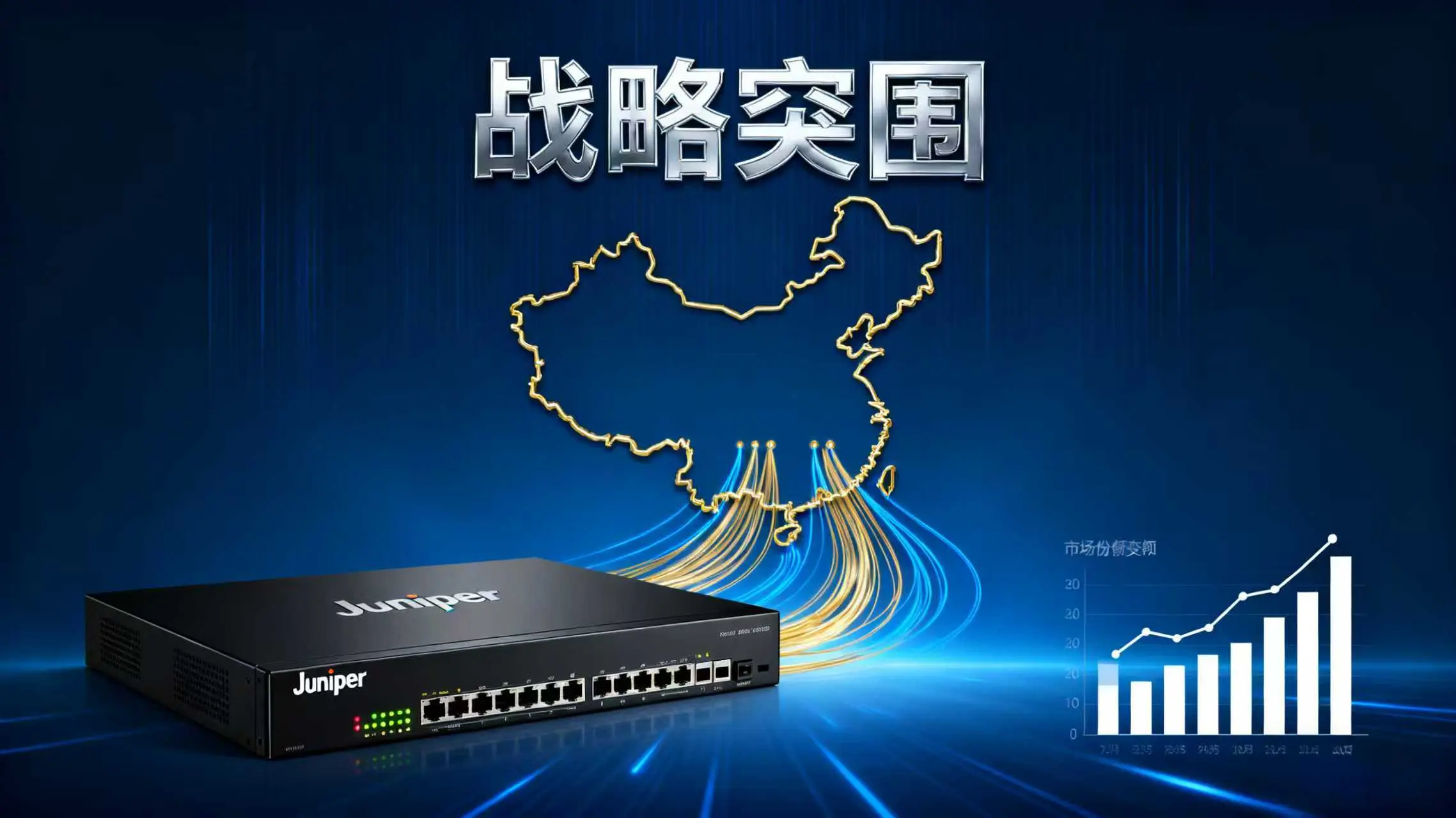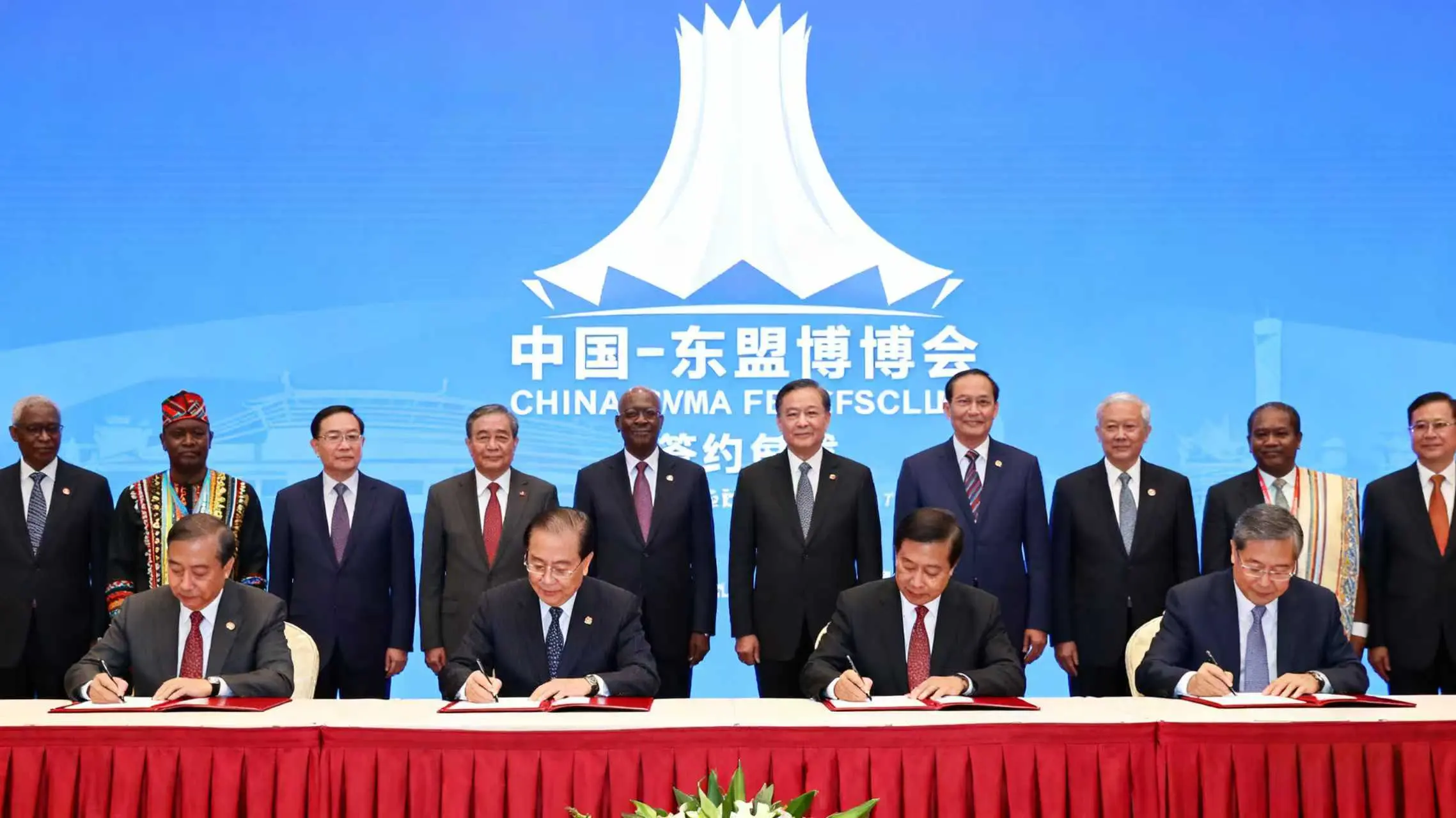Telecom Birzha completes Moscow data center transmission network upgrade, network core throughput increased 10 times
Recently, according to a report by cnews on July 11, Telecom Birzha announced that it has successfully completed a large-scale modernization upgrade of its IP/MPLS transmission network between Moscow data centers and simultaneously updated its telecommunications equipment group. The upgrade has achieved remarkable results, with the core throughput of the transmission network significantly increased by 10 times compared to last year, and the total investment exceeded 100 million rubles.
Telecom Birzha is a very influential telecommunications company in Russia. According to public information, its office is located at Office 2, 27 Petrovka Street, Moscow, and its contact number is + 74956275944. In terms of network operations, its autonomous system number is 199599, the traffic level is 20-50 Gbps, the traffic proportion is mainly outbound, and the business scope covers a wide area.
In this upgrade project, the innovation of the network topology has become a highlight. Telecom Birzha changed the network to a dual IP/MPLS core ring topology based on Huawei. This structure has higher reliability and flexibility, and can effectively ensure the stability of data transmission. At the same time, the company successfully upgraded the network core uplink to 100 Gigabit, greatly improving the speed of data transmission.

The update of the telecommunications equipment group in key data centers is also an important part of this upgrade. The company has comprehensively updated the Juniper MX edge router group. Juniper MX series routers perform well in network edge services and can provide efficient connection and data processing capabilities for enterprises and network environments of different sizes. The updated Juniper MX edge router group, combined with the new network topology and high-speed uplinks, further optimizes network performance.
In addition, Telecom Birzha has also increased the total bandwidth of the Internet uplink to 1Tbit/s. This move makes the interaction between the data center and the external network smoother and can better meet users' needs for large data volume transmission.
Yevgeny Popov, head of Telecom Birzha's network technology department, said that the company's customer base includes major banks, state-owned enterprises, media holding companies and other important institutions. These customers have extremely high requirements for the quality and stability of network services, especially the connection speed of high-bandwidth channels, which is directly related to the normal operation and development of their business. Therefore, this upgrade of the transmission network is of vital significance and is a key decision made by the company to meet customer needs and improve service levels.

From the perspective of the market environment, Russia's data center market has developed rapidly in recent years. According to corp.cnews.ru on June 25, the Russian state-owned enterprise Goznak announced that it would build a new large data center in the Tsaritsyno District of Moscow with a planned capacity of 1,500 Server Racks, which will be four times the capacity of the company's existing Moscow data center (370 racks). The new facility covers an area of about 35,000 square meters and is scheduled to be put into operation at the end of 2026 or early 2027. Faced with the rapid growth of data volume in Russia, major companies are actively expanding their IT infrastructure. Telecom Birzha's upgrade of the Moscow data center transmission network is in line with the trend of market development and will help improve its position in the fierce market competition.
At present, Telecom Birzha's upgraded transmission network has begun to provide customers with better and more efficient services. In the future, as technology continues to develop and market demand changes, Telecom Birzha is expected to continue to make efforts in network technology upgrades and service optimization, and contribute more to Russia's digital development. Its network upgrade model based on Huawei technology also provides some reference for other companies in the process of network modernization.










